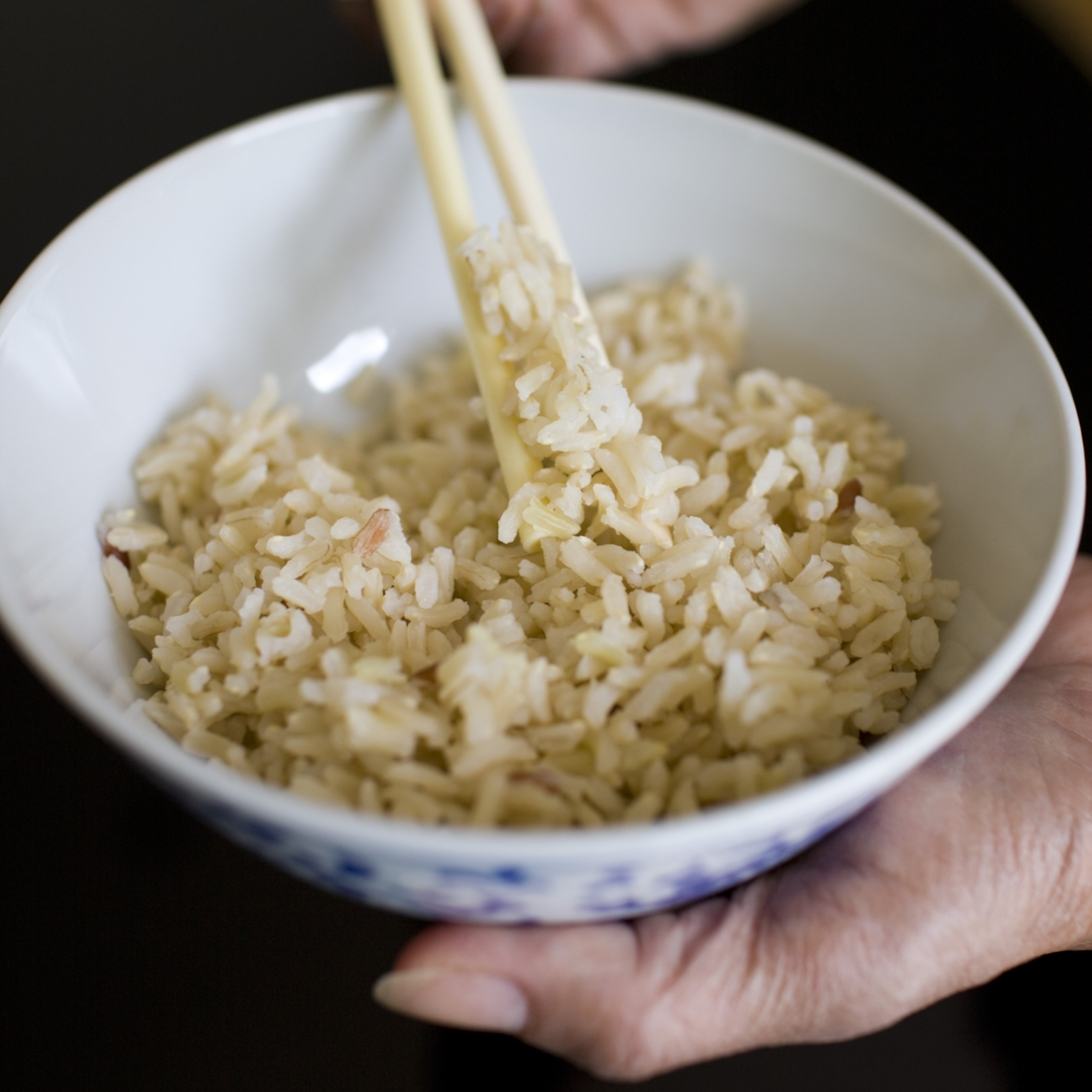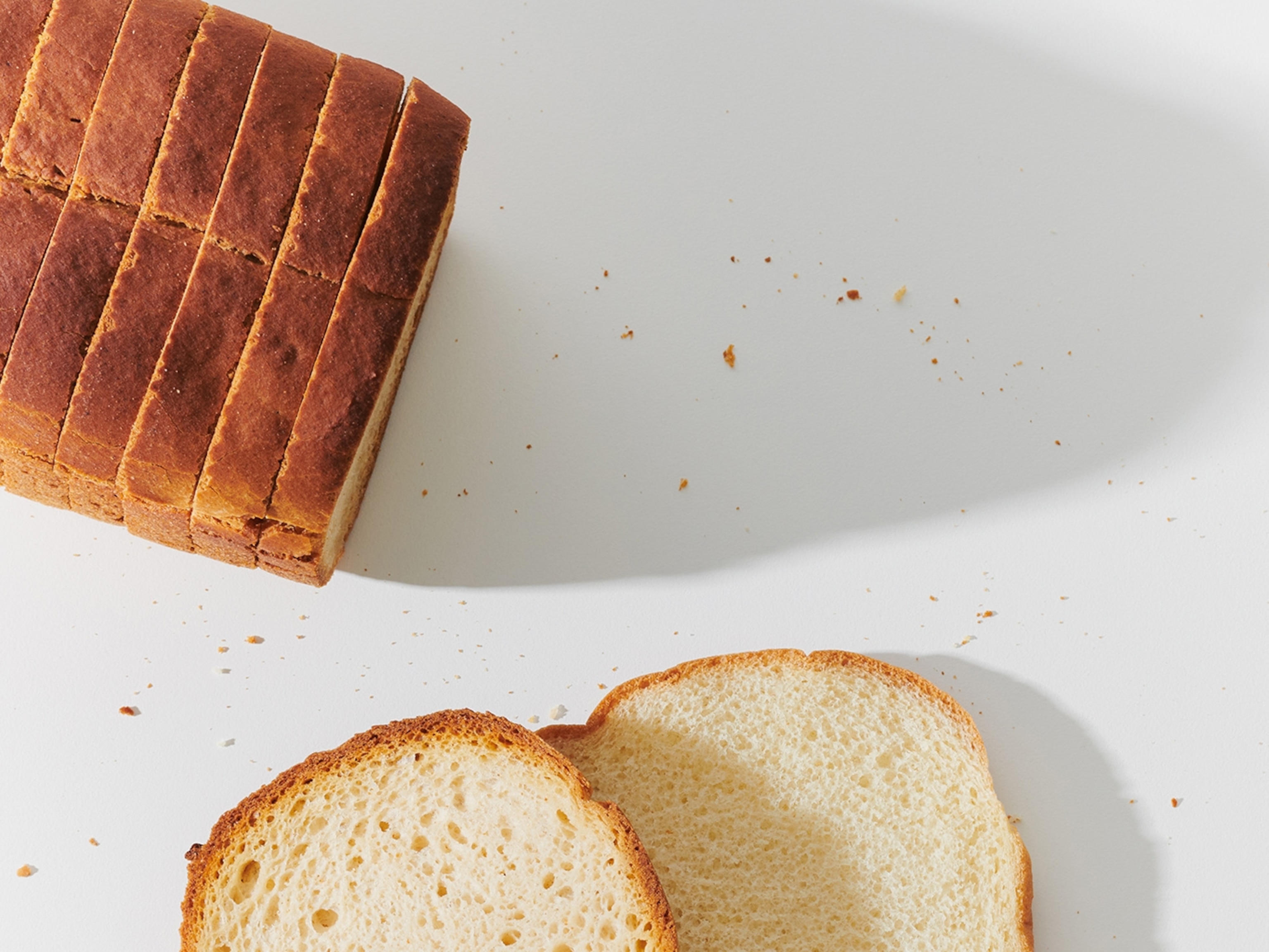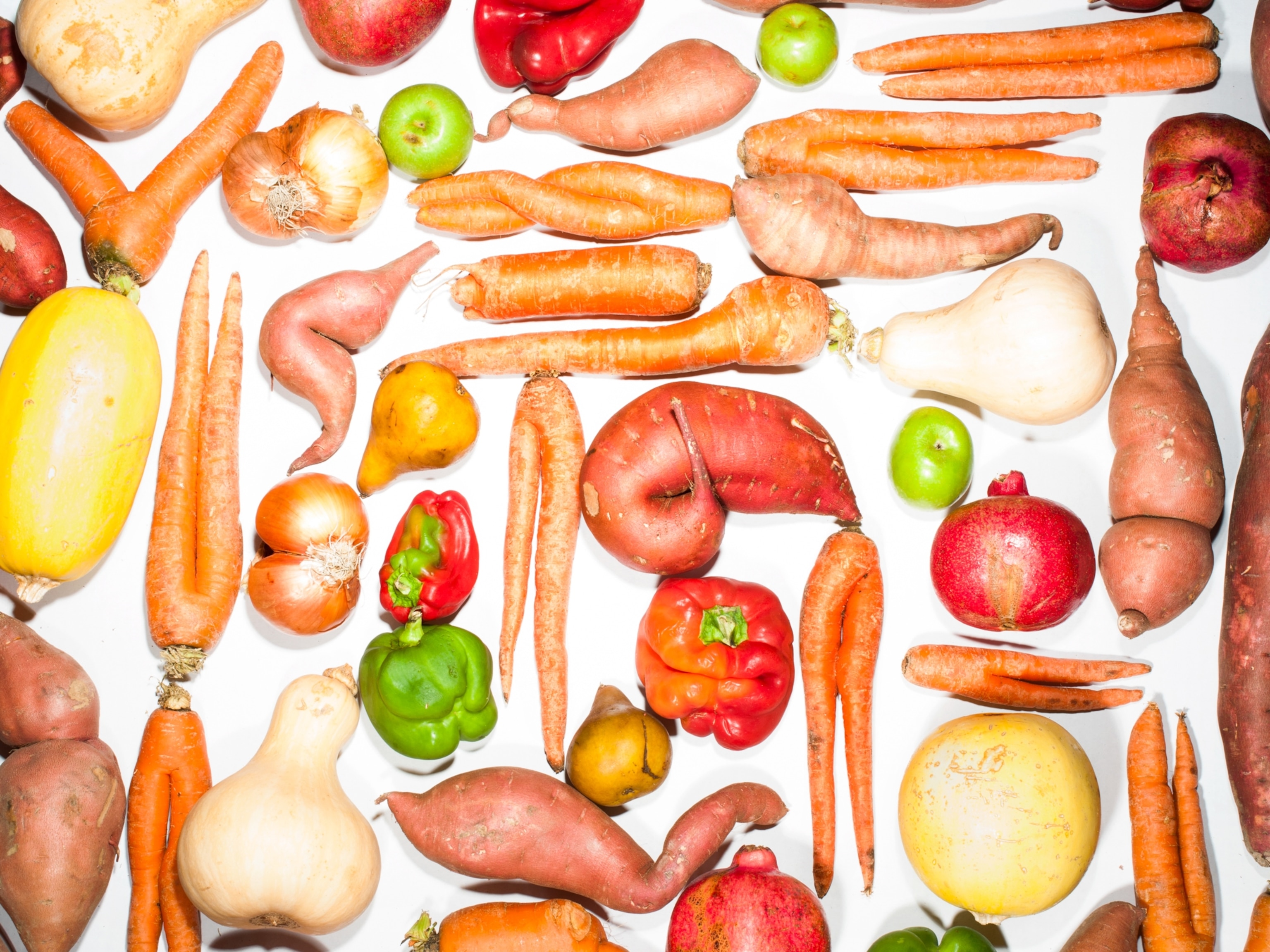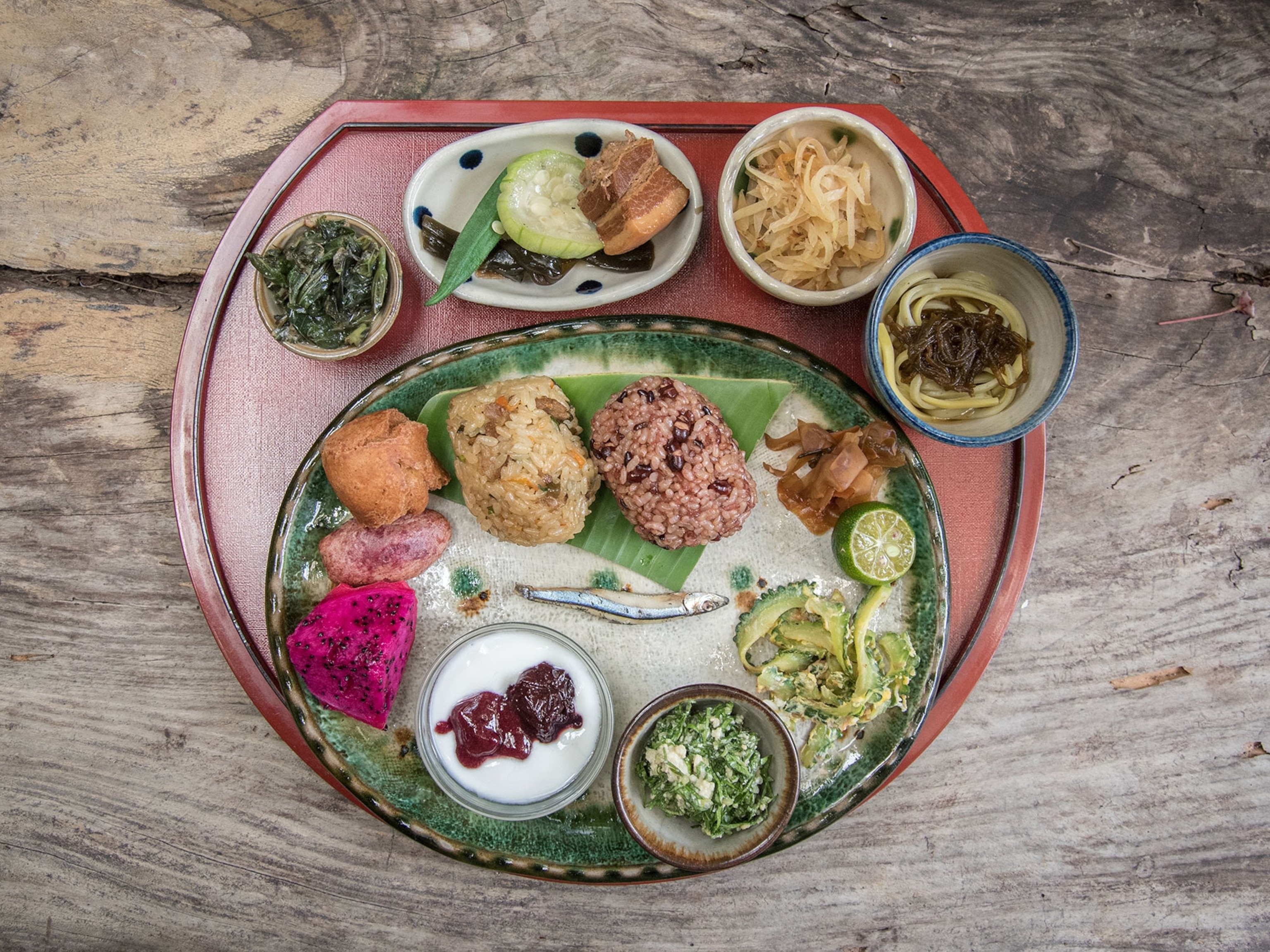There's a remarkably easy way to make your carbs healthier
If you want to prevent blood sugar spikes and keep your energy levels steady, throwing foods like white rice or pasta into the freezer before eating them can help.
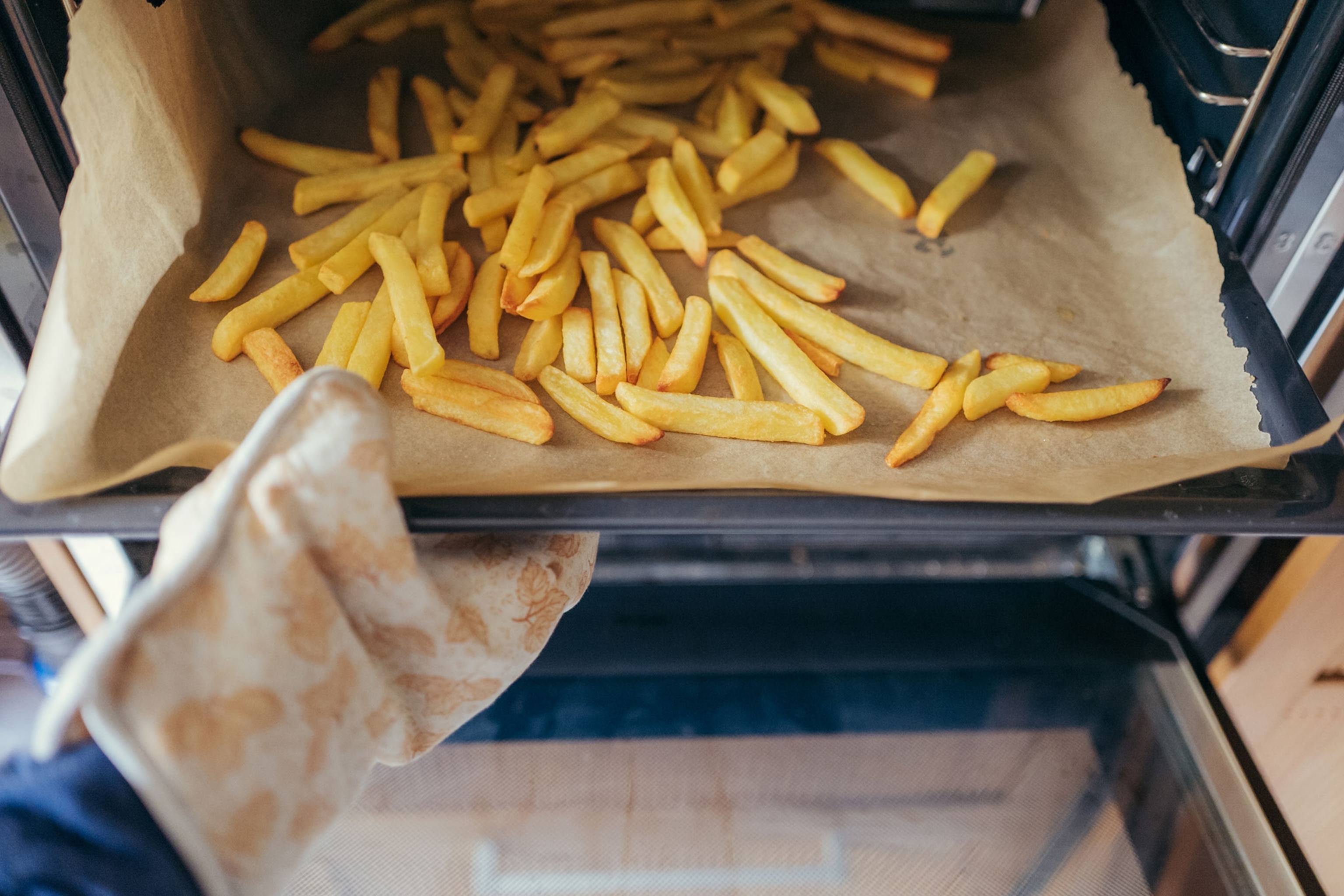
If you’ve ever felt that mid-afternoon energy crash after a high-carb meal, or noticed that eating white rice or potatoes makes you hungrier faster, there’s a reason for that.
Carbs with a high glycemic index—like white bread, potatoes, and white rice—break down too quickly into glucose and cause blood sugar spikes, which lead to a quick burst of energy followed by a crash. Knowing which carbs have a high glycemic index can help control your blood sugar. But freezing your carbs can also prevent these spikes.
“When foods like rice, pasta, and potatoes are cooked, cooled, and then reheated, their starch structure changes, turning into something called resistant starch,” says Yaa Boayke, a registered dietitian nutritionist and personal trainer based in Chicago. “This means your body digests them more slowly, helping to keep energy levels steady, prevent sugar crashes, and keep you fuller longer.”
(Why this type of carb is so good for your gut health.)
Here’s what the science says about freezing your carbs—and how it can help improve your health, cut down on food waste, and prep meals ahead of time.
What does resistant starch do?
Resistant starch is a specific type of carbohydrate that resists digestion in the small intestine. Instead, it passes through the colon, where it acts more like dietary fiber, a key component of a healthy diet. While conventional carbs are broken down quickly to yield glucose, resistant starch ferments in the gut, feeding beneficial bacteria. “It also produces short-chain fatty acids such as butyrate, which reduce inflammation and support gut health,” says Jacek Szymanowski, a certified nutritionist and health coach based in Wyoming.
(The secret to a healthy gut is simpler than you think.)
A 2015 study published in the Journal of Functional Foods found that cooling and freezing starchy foods before intake produced an increase of resistant starch that was eight times higher compared to non-frozen starchy foods, depending on the kind of carbohydrate. Whole wheat flour performed best, while an increase in slowly digestible starch, rather than resistant starch, was reported in rice that was frozen. Freezing rice does still increase resistant starch, but the increase isn’t as high as it is in whole wheat flour.
But you don’t always have to freeze carbs to attain these results. A 2024 study published in Frontiers in Nutrition found that refrigerating carbs has the same effect, though the resistant starch wasn’t quite as high compared to foods that were frozen. The study also noted that microwaving these foods raises their resistant starch content more than boiling or steaming.
Who should freeze carbs?
While there are many benefits to freezing carbs, the practice is especially helpful for anyone with diabetes who wants to control their blood sugar, as well as those who want to lose weight. Not only does the resistant starch leave you feeling fuller, but it allows for a slower release of energy in the body, which helps keep levels sustained throughout the day.
(It’s possible to reverse diabetes—and even faster than you think.)
Freezing meals into dedicated portions can also help control how much you eat. “You can eliminate food wastage and ensure that you always have nutrient-dense food options readily available,” Szymanowski adds.
Amie Alexander, a registered dietitian based in New South Wales, Australia, advises her athlete and fitness friends to use the method for food prep. “Freezing carbs gives an individual an easy, science-backed way of eating, which pretty much suits general health goals and has benefits for sports performance,” she says. “It allows [people] to take in simple carbohydrates, enhancing digestion with longer energy release.”
As with any other change to your diet, there may be some readjusting, but consuming resistant starch is perfectly safe. “Some people digest resistant starch well, while others may experience mild bloating when they first increase their intake,” says Boayke. “To minimize discomfort, start slowly and pair resistant starches with protein and healthy fats to support digestion.”
How to freeze your carbs
When cooling cooked carbs, the FDA cautions against leaving cooked food out at room temperature for more than two hours. You should also never put hot food straight into the freezer—always cool it first to maintain food safety and quality.
“Placing hot food directly into the freezer can raise the freezer temperature, potentially causing the other foods already inside to partially thaw before they refreeze,” says Szymanowski. “The thaw-refreeze cycle can lead to bacterial growth and texture degradation.” Cooling food before putting it away in the freezer also helps prevent ice crystal formation, which can make foods mushy or dry when reheated.
Dividing your hot food into smaller portions after cooking helps the food cool faster and at the same rate, rather than the outer areas of the food cooling before the inner portions.
While you can freeze any carbs, some carbs will fare better than others through the process.
“Whole grain bread, cooked rice, and tortillas handle freezing well, while high-moisture foods like fresh pasta can become mushy,” says Boayke. “The best results come from storing them in airtight containers and reheating them properly to maintain texture.”
Though the health benefits of freezing carbs are still being studied, so far results are promising. “At a basic level, freezing helps prevent food waste and keeps ingredients fresh longer,” Boayke notes. “But it also changes the texture and structure of carbohydrates in ways that impact digestion and overall energy levels.

